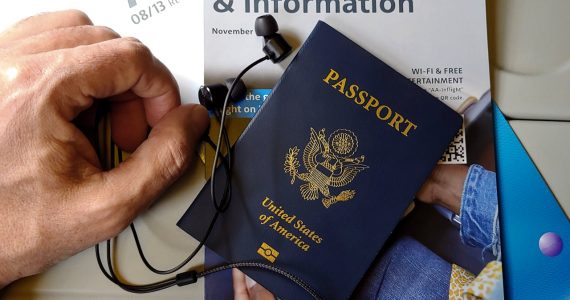Losing a loved one is never easy, and dealing with the logistics of a funeral can add to the emotional strain. One option that might appeal to families seeking a more personal and cost-effective alternative to traditional funerals is home burial. But can you bury a family member on your property? The answer varies depending on your location and local regulations.
This guide will walk you through everything you need to know about home burials, from legal considerations to practical steps.
What Is Home Burial?

Home burial refers to the practice of burying a deceased loved one on private property, usually where the family resides. This practice was common until the mid-19th century when funerals began to become commercialized.
For many, home burial provides a more intimate and meaningful way to honor the deceased, allowing for personal rituals and greater family involvement in the process.
Is Home Burial Right for You?
Deciding whether home burial is suitable for your family involves considering several factors:
- Legal Requirements: Different states have different laws regarding home burials. Some states allow it with minimal restrictions, while others require a licensed funeral director’s involvement or mandate burial in a designated cemetery.
- Emotional Preparedness: Handling the burial process yourself can be therapeutic but also challenging. It’s essential to consider if your family is ready for the emotional and physical demands of a home burial.
- Property Ownership: Owning your property can simplify the process. If you rent, you’ll need the property owner’s permission to proceed.
Can You Bury a Family Member on Your Property ? Legal Considerations
State Regulations
In the United States, home burial laws vary significantly from state to state:
- States Permitting Home Burials with Licensed Funeral Director: Alabama, Connecticut, Illinois, Iowa, Michigan, New Jersey, Nebraska, New York.
- States Requiring Cemetery Burial: Arkansas, California, Indiana, Louisiana, Washington.

Always check your local zoning laws and health department regulations before proceeding with a home burial. These laws can dictate where and how you can bury a loved one on your property.
Special Permits
If you live in a state that requires cemetery burials, you might still be able to establish a family cemetery by obtaining special permits. This typically involves:
- Checking Zoning Laws: Ensure your property is zoned for a family cemetery.
- Contacting Health Department: Register the burial site with the local health department.
- Registering with Local Clerk: Ensure the graveyard is recorded with your local clerk’s office.
Steps to Conducting a Home Burial
Step 1: Check Your State Laws
Begin by researching your state’s regulations on home burials. Some states require the involvement of a licensed funeral director or restrict burial to established cemeteries. Understanding these laws ensures compliance and a smooth process.
Step 2: Establish a Family Cemetery (if required)
In states that mandate burial in a cemetery, you may establish a family cemetery on your property. This typically involves zoning approvals and registering the burial site with local authorities.
Step 3: Prepare the Burial Site
Select a serene spot on your property for the burial site. Consider factors like soil quality, accessibility, and future land use. Digging the grave should adhere to local depth regulations and respect environmental considerations.
Step 4: Preserve and Prepare the Body
Following death, the body must be preserved if burial is not immediate. Options include refrigeration using techniques like Techni-Ice or dry ice, ensuring compliance with state-specific embalming requirements if applicable.
Step 5: Conducting the Home Funeral
Plan a funeral service that honors your loved one’s life and your family’s beliefs. Customize the service with rituals, prayers, music, and personal tributes that reflect their legacy and your shared memories.
Step 6: Aftercare and Future Considerations
Understand the long-term implications of home burial, such as property resale and maintenance of the burial site. Familiarize yourself with processes for relocating a burial site if circumstances change.
Moving and Selling Property

If you move, the land where your loved one is buried usually remains with you. However, this can complicate property sales. Potential buyers might have varied reactions to a home burial site. If necessary, the burial plot can be moved with family consent or through legal procedures.
Choosing What’s Right for Your Family
Home burial offers a meaningful, cost-effective alternative to traditional funerals. It allows families to reclaim the funeral process, providing solace and closure during a challenging time. By understanding the legalities of can you bury a family member on your property, preparing adequately, and honoring personal beliefs, families can create a farewell that celebrates life and preserves cherished memories.
Whether driven by financial considerations, a desire for intimacy, or religious beliefs, home burial represents a profound shift towards personalized death care. Consider your options carefully, respecting both your loved one’s wishes and legal requirements, to ensure a dignified and meaningful farewell.




